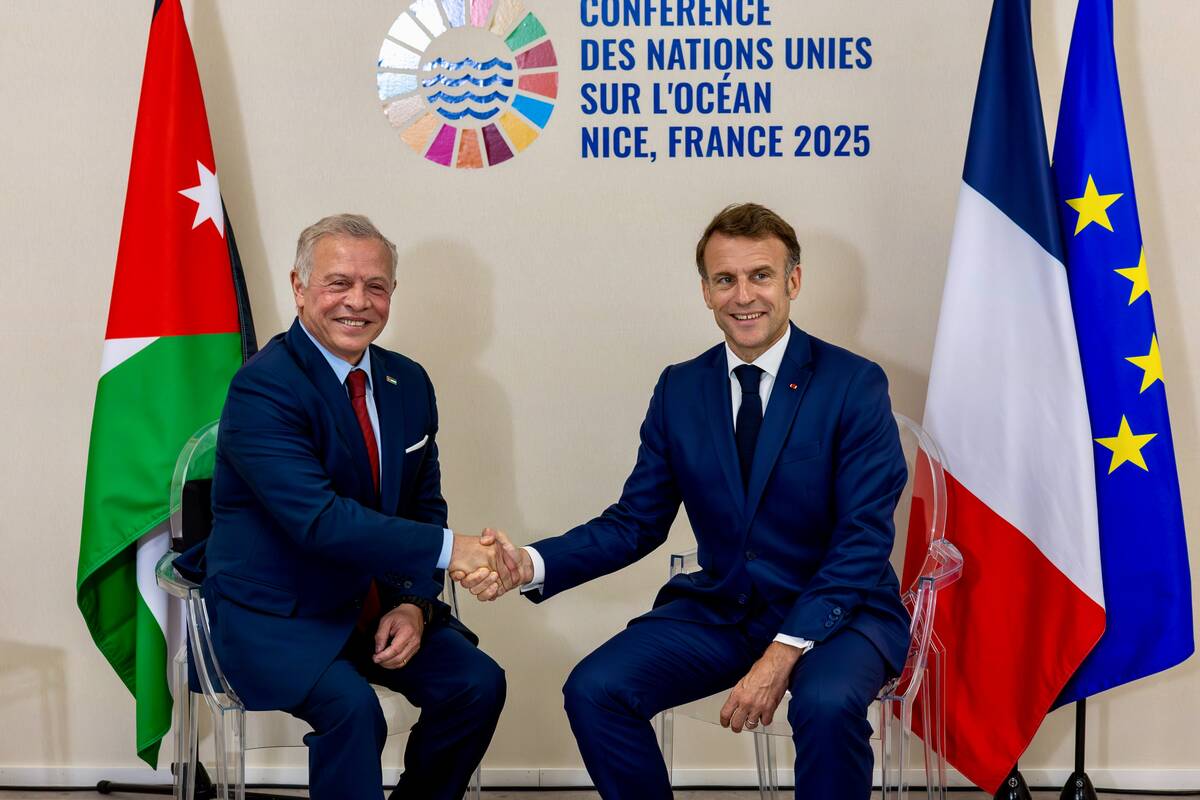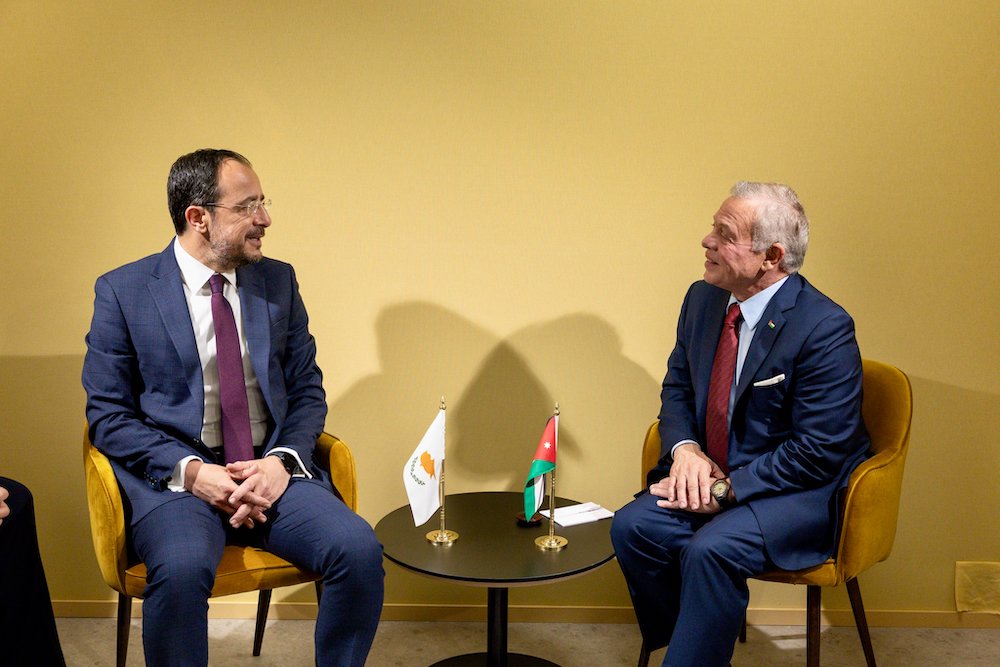CAIRO: The Egyptian Armed Forces screened a special documentary Tuesday about a young girl who was saved by soldiers after being left to die by her terrorist father in the North Sinai region.
The documentary titled “Yaqeen” was shown at the 49th anniversary of the Oct. 6 Arab-Israeli War victory, in the presence of President Abdel Fattah El-Sisi.
The film tells the story of how Yaqeen was used by her “takfiri” father as a human shield during recent army raids in the North Sinai region.
Takfiri is an Arabic term denoting a Muslim who accuses a fellow believer of being an apostate, often accompanied by calls for the accused person to be killed.
The documentary presented an overview of the Egyptian army’s efforts to save the girl.
“My name is Yaqeen. I went to the nursery. I love to draw and color. I want to become a doctor and I love pizza.
“In the past, we didn’t have much to eat. We used to eat cacti only. I am happy in the place where I am based now and I feel safe,” Yaqeen said in the documentary.
The army had acted on a military intelligence report that a Bedouin had seen a group of terrorists seeking to escape detection with a wounded girl and then leaving her behind.
When the soldiers arrived at the coordinates, they found Yaqeen in a poor state. Medical staff initially assisted Yaqeen, transferred her to El-Arish Military Hospital, and then later to a nursery.
The documentary showed actress Amina Khalil visiting the girl in the hospital.
Moushira Khattab, head of the National Council for Human Rights, praised the army for the role it had played in saving Yaqeen, and its commitment to protect the nation.
She said Yaqeen was not “the property of her terrorist father, who used her as a human shield,” and that she would no longer be living in an atmosphere of violence and hatred.
For years, the Egyptian army and police have been engaged in large-scale operations in the Sinai to combat terrorists, including Daesh elements.
Last August, the Egyptian military, in cooperation with the federation of Sinai tribes, killed a Daesh leader in the village of Gelbana in North Sinai.
Hamza Adel Al-Zamili, a Palestinian, was considered one of the most prominent leaders of Daesh’s Sinai branch.



























